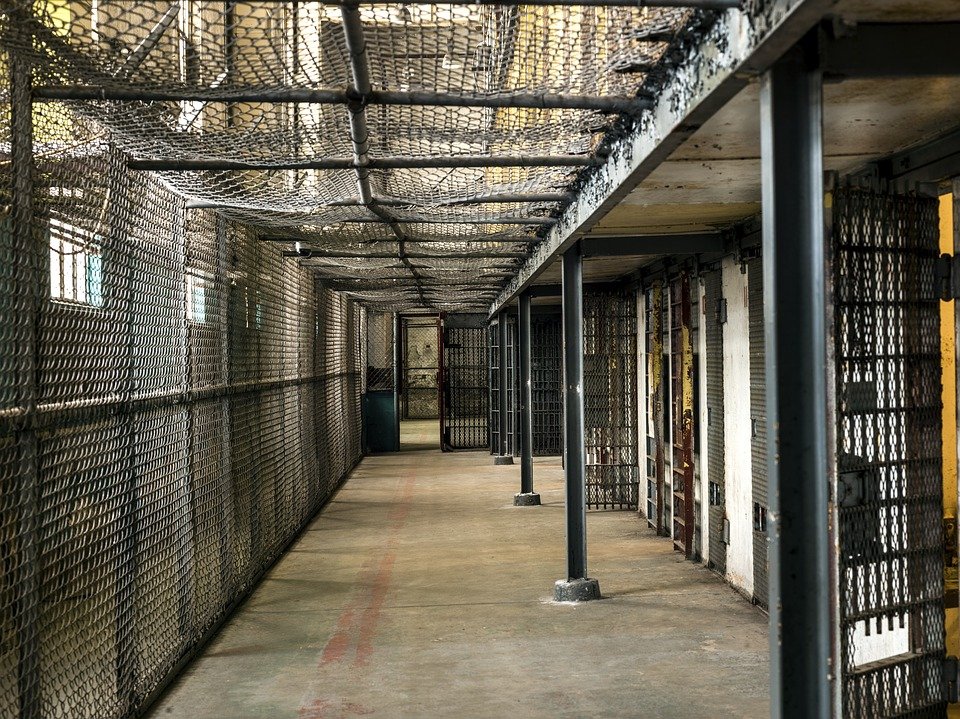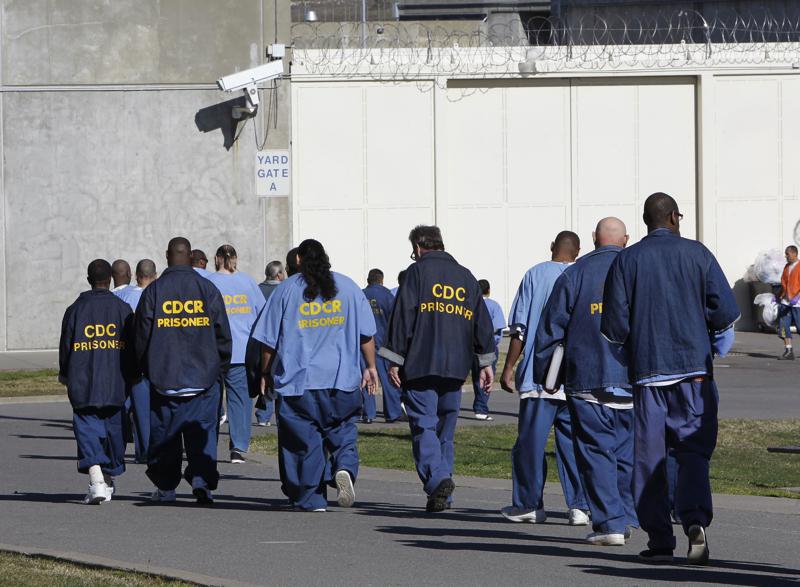It’s no secret that many elements of the criminal justice system have imposed unfair prison sentences, especially enhancements that can add decades to the total time served in prison. This has led to overcrowded prisons, disproportionately affecting people of color and those suffering from mental illnesses. Sentence enhancements are not related to the original crime,…
Continue reading ›Immediate Response!














